When the Chairman of Access Holdings Plc, Aigboje Aig-Imoukhuede, took to the stage at the Création Africa 2025 Forum in Lagos, his message went beyond the familiar talk of finance and growth. He redefined the idea of national prosperity, pointing out that the size of its economy does not measure a nation’s true wealth, but by the harmony between its financial strength, intellectual capital, and cultural values. Sunday Ehigiator reports
For decades, Nigeria’s measure of success has been largely numeric: oil revenues, GDP growth, foreign reserves, and investor confidence. These figures dominate policy debates and national discourse, as though prosperity were a balance-sheet affair.
But wealth, in its truest sense, transcends numbers. A country can be flush with cash yet starved of opportunity. It can boast a thriving stock market and still fail to uplift its citizens.
In contrast, nations that have achieved sustainable development, from Singapore to South Korea and the United Arab Emirates, have done so by deliberately intertwining money, intellect, and cultural values into a coherent national fabric.
The argument of the Chairman of Access Holdings, Aigboje Aig-Imoukhuede, during an industry talk titled, ‘From Idea to Business: How to Put Creativity at the Heart of the Game’, presents a clear blueprint for national progress: long-term prosperity depends on aligning resources, intellect, and values, rather than just finance.
Financial Capital: The Power of Means
Financial capital provides the tools of development: funds for infrastructure, education, healthcare, and enterprise. It is the fuel that powers economic engines. However, as Aig-Imoukhuede implies, money in itself has no intelligence; it is the people behind it who determine whether it creates value or waste.
Nigeria’s financial system has grown in sophistication over the past two decades, with stronger institutions and rising innovation in fintech and capital markets. Yet, the question remains: are we channelling our financial capital into the right sectors: those that build knowledge and strengthen national values?
Financial capital focusing on consumption rather than capacity-building leads to fleeting wealth. But when it funds education, research, innovation, and cultural industries, it multiplies.
Knowledge Capital: The Power of Ideas
Knowledge capital, the collective intelligence, creativity, and skill of a people, determines whether financial capital expands or depletes. The world’s richest nations today are knowledge-driven economies, where intellectual property, research, and innovation create more value than natural resources ever could.
Nigeria’s young population, vibrant tech ecosystem, and creative industries already demonstrate the power of ideas. Start-ups are redefining banking, education, agriculture, and entertainment. But this momentum needs a structured foundation, one built on quality education, functional institutions, and consistent policy support.
Aig-Imoukhuede’s argument calls for a deliberate strategy: to invest not just in physical infrastructure, but in mental infrastructure. Universities, vocational centres, and research institutes must be retooled as engines of innovation.
Cultural Capital: The Power of Identity
Culture capital is the third and often forgotten pillar. It is the invisible thread that weaves through a nation’s character, shaping how people think, work, and relate to one another.
Culture defines productivity as much as policy does. The punctuality of the Japanese, the discipline of the Germans, or the creativity of the Americans are not genetic traits; they are products of culture, deeply ingrained values that guide national behaviour.
Nigeria’s culture, rich and diverse, holds immense potential as a tool for soft power and economic growth. The global success of Afrobeats, Nollywood, and our fashion industry is proof that cultural expression can be a major export. But beyond entertainment, culture influences ethics: the integrity of governance, respect for the rule of law, and the sense of collective responsibility.
When a nation’s culture rewards diligence and merit, other forms of capital flourish. When it normalises shortcuts and impunity, progress collapses under the weight of contradiction.
The Wealth Trinity: Interconnected and Indivisible
Aig-Imoukhuede’s central thesis, the intertwining of financial, knowledge, and cultural capital, is both diagnostic and prescriptive. It reveals why some societies thrive while others struggle.
Financial capital without knowledge leads to inefficiency. Knowledge without cultural grounding results in alienation or brain drain. Culture without financial support remains a beautiful sentiment without structure.
The true power lies in their integration: money funding learning, learning inspiring innovation, and culture providing the ethical compass that sustains progress.
Nigeria’s Path Forward
Nigeria stands at a unique intersection of potential and paradox. We possess vast financial flows, a youthful and intellectually vibrant population, and a culture that resonates across the world. Yet, these assets operate in silos.
To convert them into real wealth, we must pursue policies and partnerships that create synergy; banks and financial institutions must see knowledge creation and culture as viable investment frontiers; government and academia must link education to national economic priorities, and the creative sector must be treated not as entertainment, but as a strategic industry that embodies both knowledge and culture.
When these systems align, Nigeria will not merely grow; it will evolve. The nation’s prosperity will no longer depend on commodities or external aid, but on the strength of its collective intelligence and identity.
Aig-Imoukhuede’s reflection reminds us that the wealth of nations is not stored in vaults but cultivated in minds and hearts. The balance of money, knowledge, and culture determines whether a nation builds monuments or legacies.
In the end, true wealth is not about what a nation owns, but about what it knows, believes, and becomes when all its forms of capital work together in harmony.



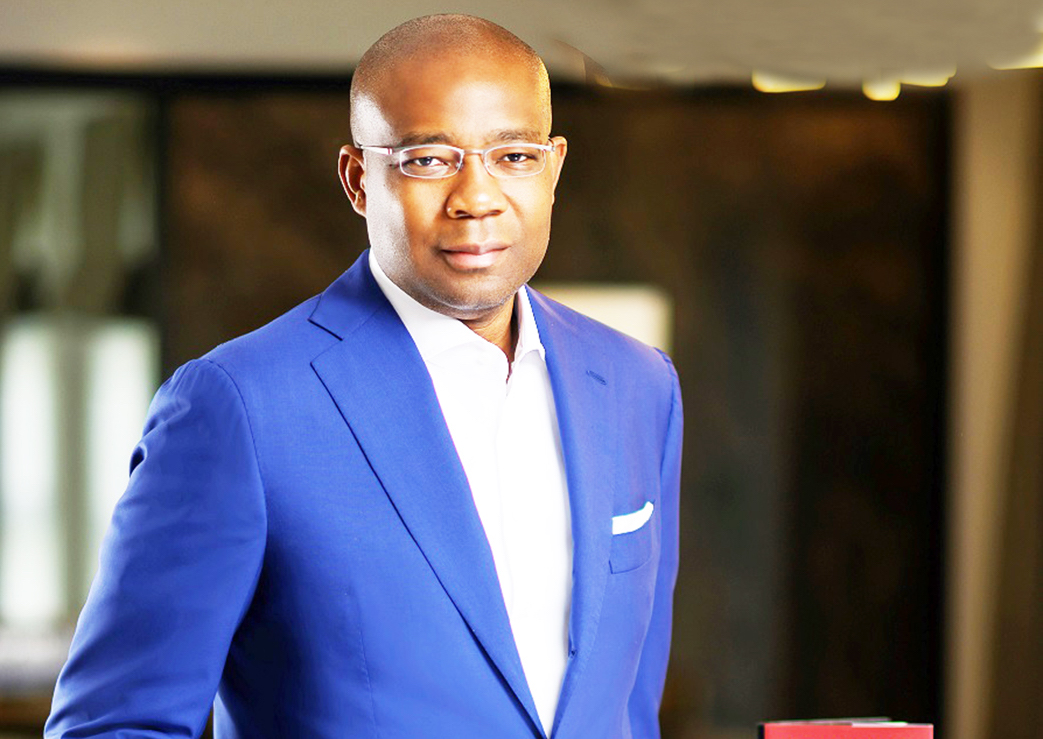


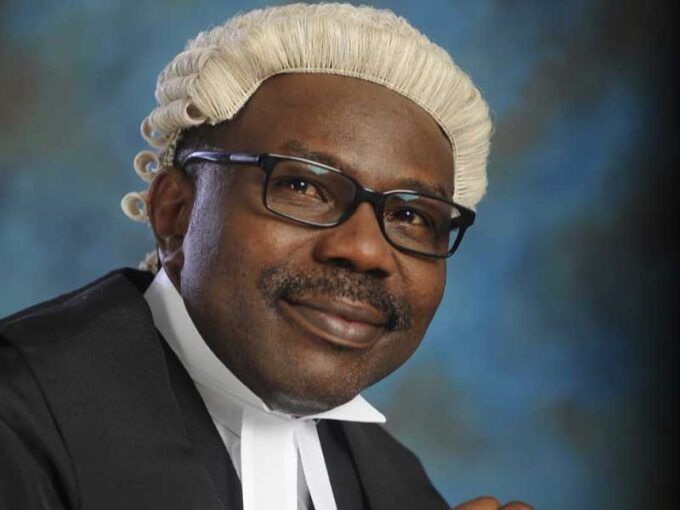
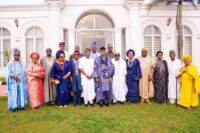
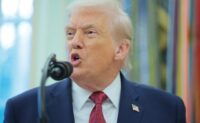
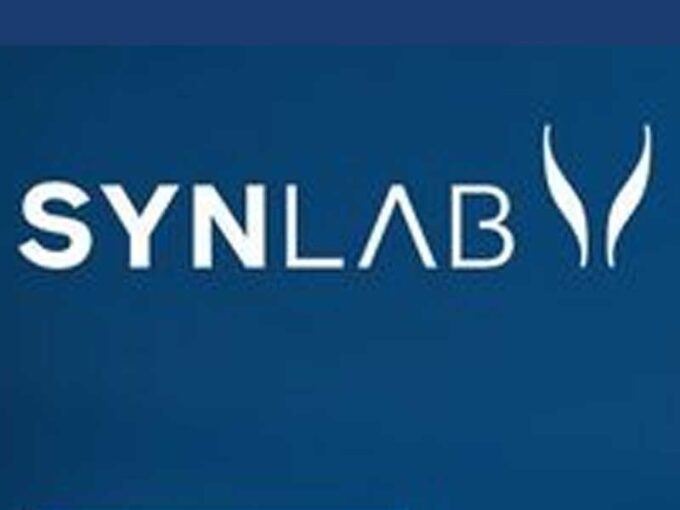
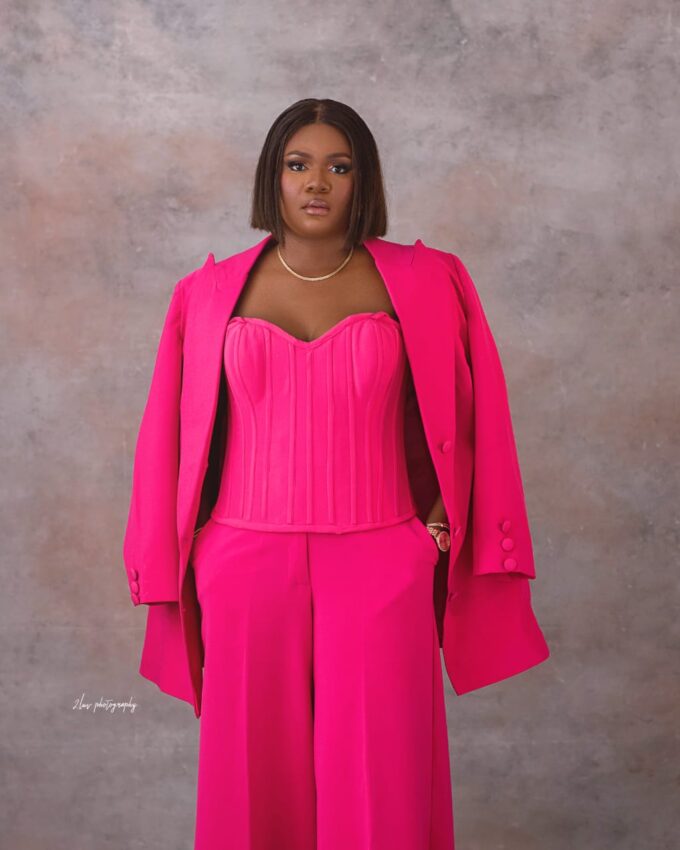

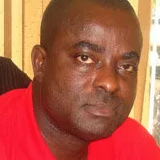





Leave a comment